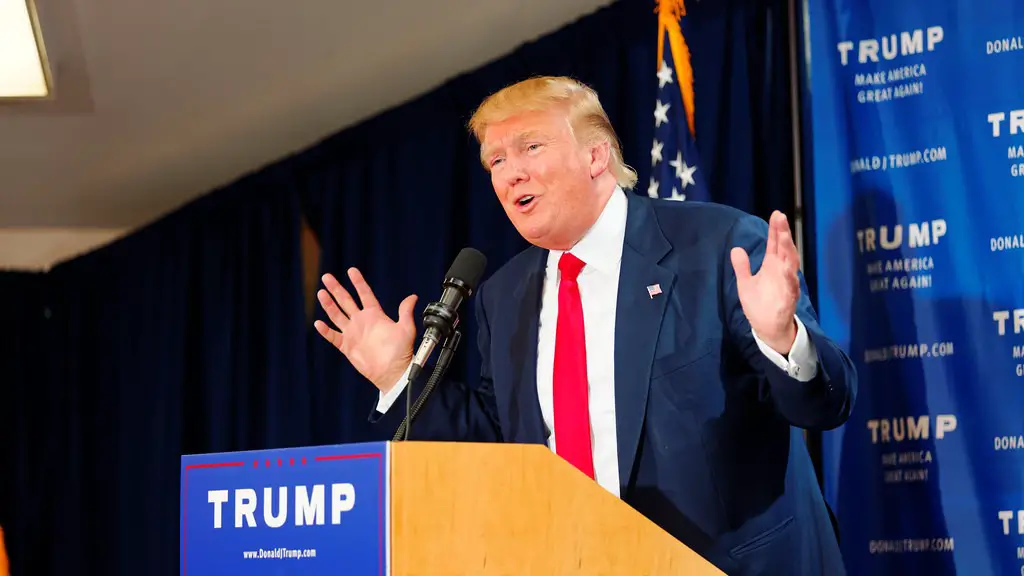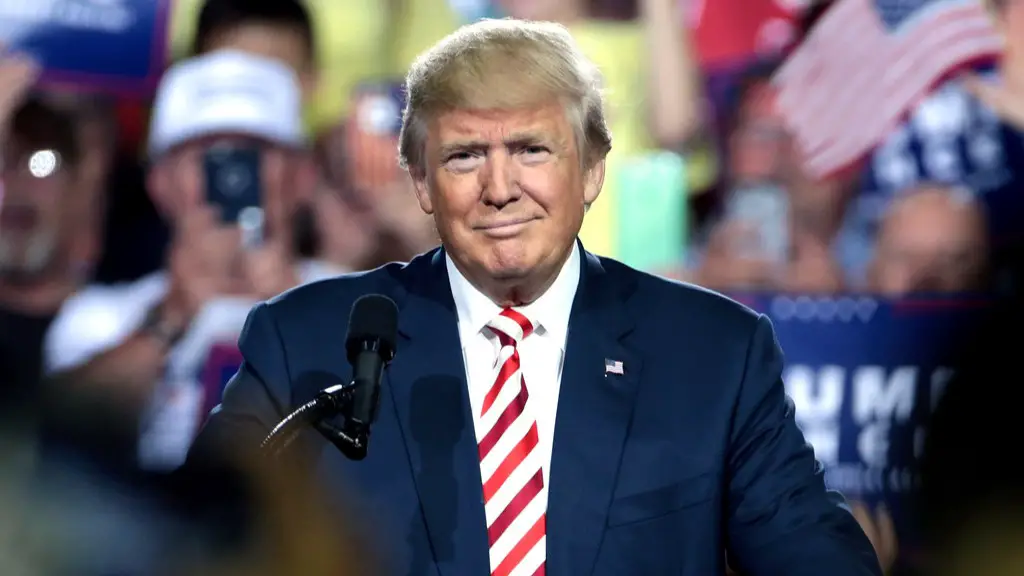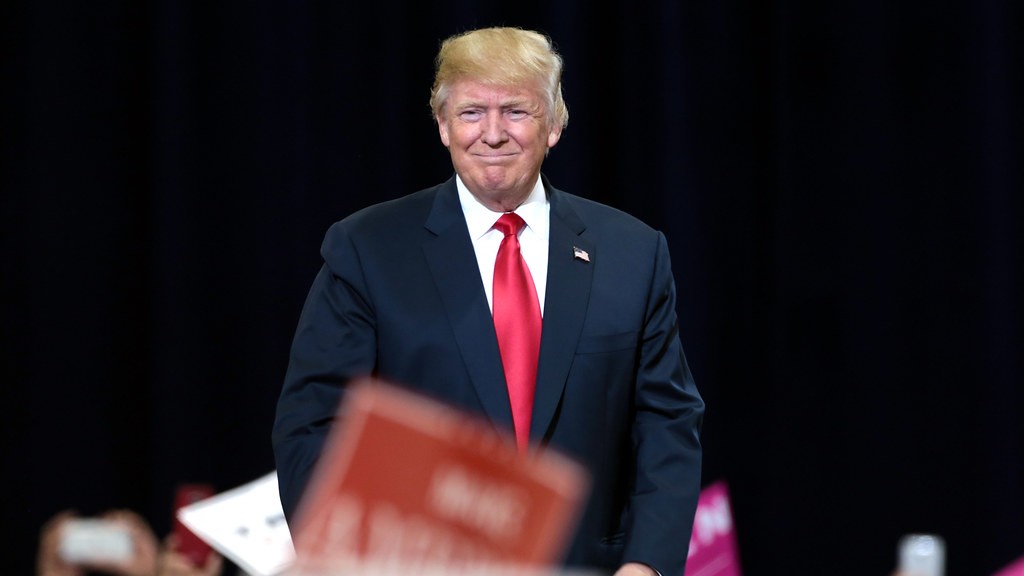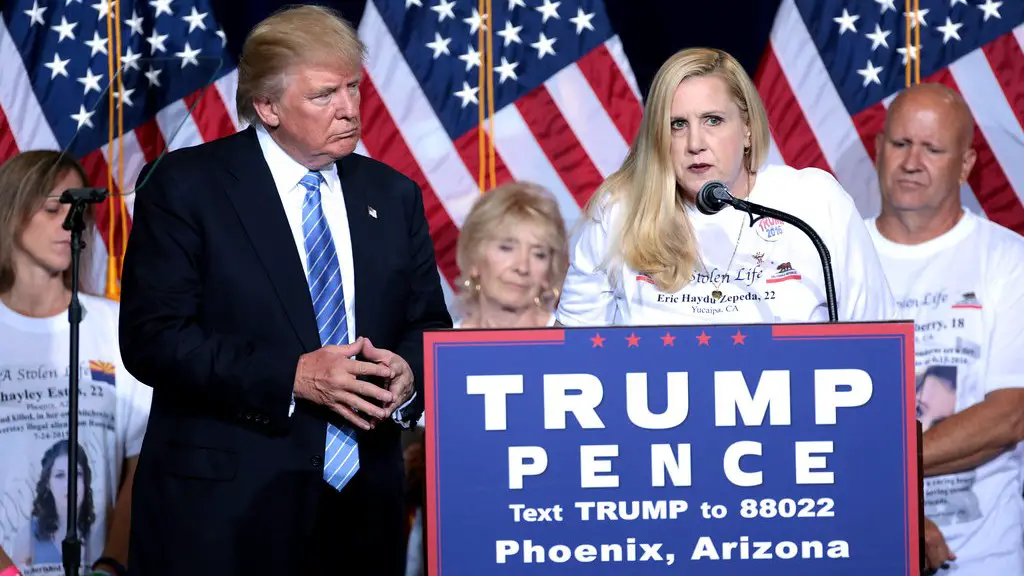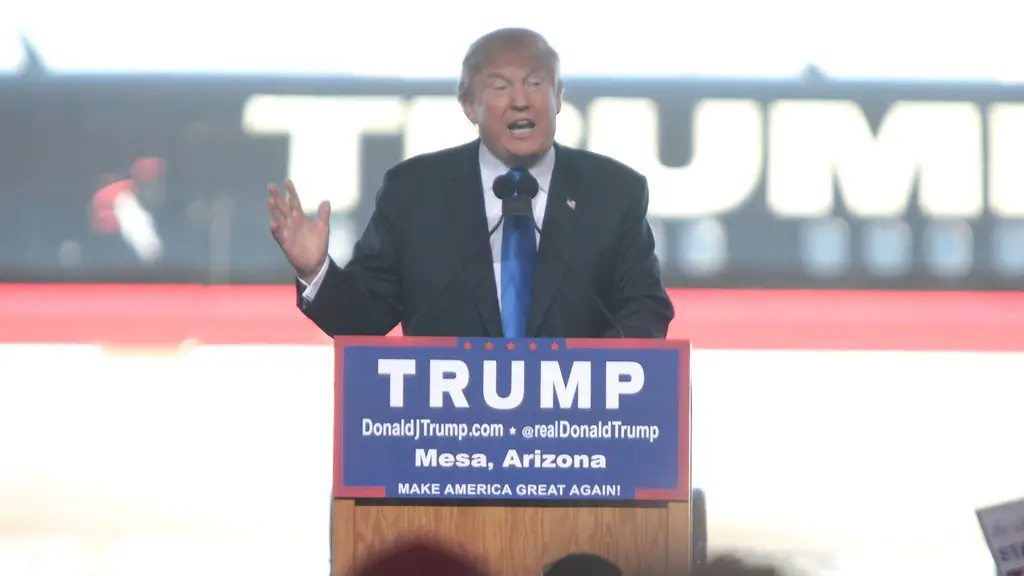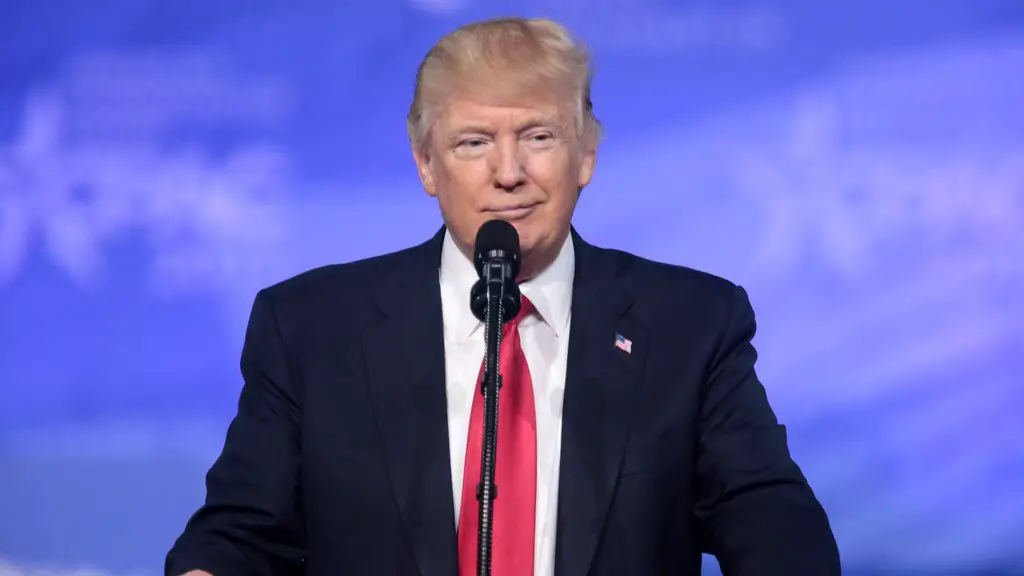Since taking office, President Donald Trump has been embroiled in one scandal after another.
Now, some are speculating that he might resign from office to avoid being impeached.
It’s certainly possible that Trump could resign, but it’s also worth considering the possibility that he could be removed from office through impeachment.
No, Donald Trump cannot resign as President. Once a person is elected President, they are unable to resign from the position.
How many presidents have resigned?
Nixon’s resignation came as a shock to many Americans, but it was undoubtedly the right thing to do in the face of certain impeachment. His legacy will forever be tarnished by the Watergate scandal, but his accomplishments as president should not be forgotten. Gerald Ford, who became president upon Nixon’s resignation, was a good man who tried his best to heal the nation after such a divisive period.
Article II, Section 4 of the US Constitution outlines the grounds for impeachment of US federal officials. These officials include the President, Vice President, and all civil officers of the United States. They can be impeached for treason, bribery, or other high crimes and misdemeanors.
Which U.S. president was forced to resign
Nixon’s resignation was a turning point in American history. It demonstrated that even the President is not above the law. It also set a precedent for future presidents who might be facing impeachment.
The President, Vice President and all civil Officers of the United States can be removed from office if they are impeached for Treason, Bribery, or other high Crimes and Misdemeanors.
Who can overrule the president?
If Congress vetoes a bill, the president can override the veto with a two-thirds vote in both the House and the Senate. This is usually done with a simple majority.
The President of India can be removed before the end of their five-year term if they are impeached by the Parliament of India. The impeachment process can be initiated in either the Lok Sabha (lower house) or the Rajya Sabha (upper house). The house that initiates the process must level the charges against the President. If a majority of the members of that house vote in favor of the impeachment, then the President is impeached and removed from office.
How to remove a President from power?
The Constitution requires a two-thirds vote of the Senate to convict, and the penalty for an impeached official upon conviction is removal from office. In some cases, the Senate has also disqualified such officials from holding public offices in the future. This is a serious matter, and should not be taken lightly. If an official is impeached, it is important that the Senate carefully consider the evidence and make a decision that is in the best interest of the country.
The vice president of the United States is a very important position. The vice president is the president of the Senate, and takes over the role of president if the president is unable to perform his or her duties. The vice president will become president if the president dies or resigns.
What president served nonconsecutive terms
Grover Cleveland was a unique president in that he served two non-consecutive terms. He was first elected in 1884 and then again in 1892, making him the only president to serve two terms that were not consecutive. This made him the 22nd and 24th US President overall. Interestingly, he is the only president who was married in the White House, as he wed Frances Folsom in 1886.
Stephen Grover Cleveland was the 22nd and 24th president of the United States, serving from 1885 to 1889 and from 1893 to 1897. He was the only president in American history to serve two non-consecutive terms. Cleveland was a lawyer and politician who was known for his integrity and dedication to public service. He was a reform-minded president who worked to combat corruption and promote economic growth. Cleveland was a skilled orator and he was known for his down-to-earth, common sense approach to governing. He was a popular president who was respected by both his allies and his opponents. Cleveland’s legacy is one of honesty, hard work, and dedication to the American people.
Who Cannot be impeached?
Assuming this line of cases serves as a guide in deciding who is a civil officer subject to impeachment, it appears that employees, as non-officers, are not subject to impeachment, while principal officers, such as the head of a cabinet-level Executive department, are.
West was an African American soldier and police officer in Washington, DC. He is said to have arrested President Ulysses S. Grant in 1872. This is the only known record of a sitting US president being arrested.
Who can fire the vice president of the United States
The second proceeding occurs in the Senate, where the vice president is tried and convicted by a two-thirds vote. If the vice president is convicted, they are removed from office and barred from holding any federal office in the future.
The current order of succession is as follows: Vice President Kamala Harris, Speaker of the House of Representatives Kevin McCarthy, President pro tempore of the Senate Patty Murray, Secretary of State Antony Blinken. If the office of the Vice President is vacant, the Speaker of the House of Representatives will become President. If the offices of the Vice President and the Speaker of the House of Representatives are vacant, the President pro tempore of the Senate will become President. If the offices of the Vice President, the Speaker of the House of Representatives, and the President pro tempore of the Senate are vacant, the Secretary of State will become President.
Who is right below the president?
The Vice President of the United States is the second-in-command to the President. As such, the Vice President has a number of important responsibilities, one of which is to be ready to assume the Presidency if the President is unable to perform his or her duties.
The Vice President is first in the line of succession to the Presidency, meaning that if the President is unable to serve, the Vice President would become President. This is a vital role, as it ensures that there is always someone in the position of President who is able to carry out the duties of the office.
While the Vice President’s primary responsibility is to be ready to assume the Presidency if necessary, the Vice President also has a number of other important duties. These include serving as a member of the President’s Cabinet, presiding over the Senate, and working with the President to advance the administration’s agenda.
The president of a company is responsible for the day-to-day operations of the business and reports to the CEO. The CEO is the top executive in a business and is responsible for the overall strategy and direction of the company. The president may oversee several divisions or departments of the company, while the CEO is responsible for the entire organization.
Can the president fire a Supreme Court justice
Yes, a Justice has been impeached before. In 1804, Supreme Court Justice Samuel Chase was impeached by the House of Representatives, but was acquitted by the Senate.
The President of the United States is not allowed to serve more than two terms in office, or more than two years of another President’s term.
Final Words
No, Donald Trump cannot resign as president.
There is no definitive answer to whether or not Donald Trump can resign as President, as the Constitution does not explicitly state whether or not a President can resign. However, given that the President is the head of state and head of government, it seems unlikely that Trump could simply resign without major consequences.
